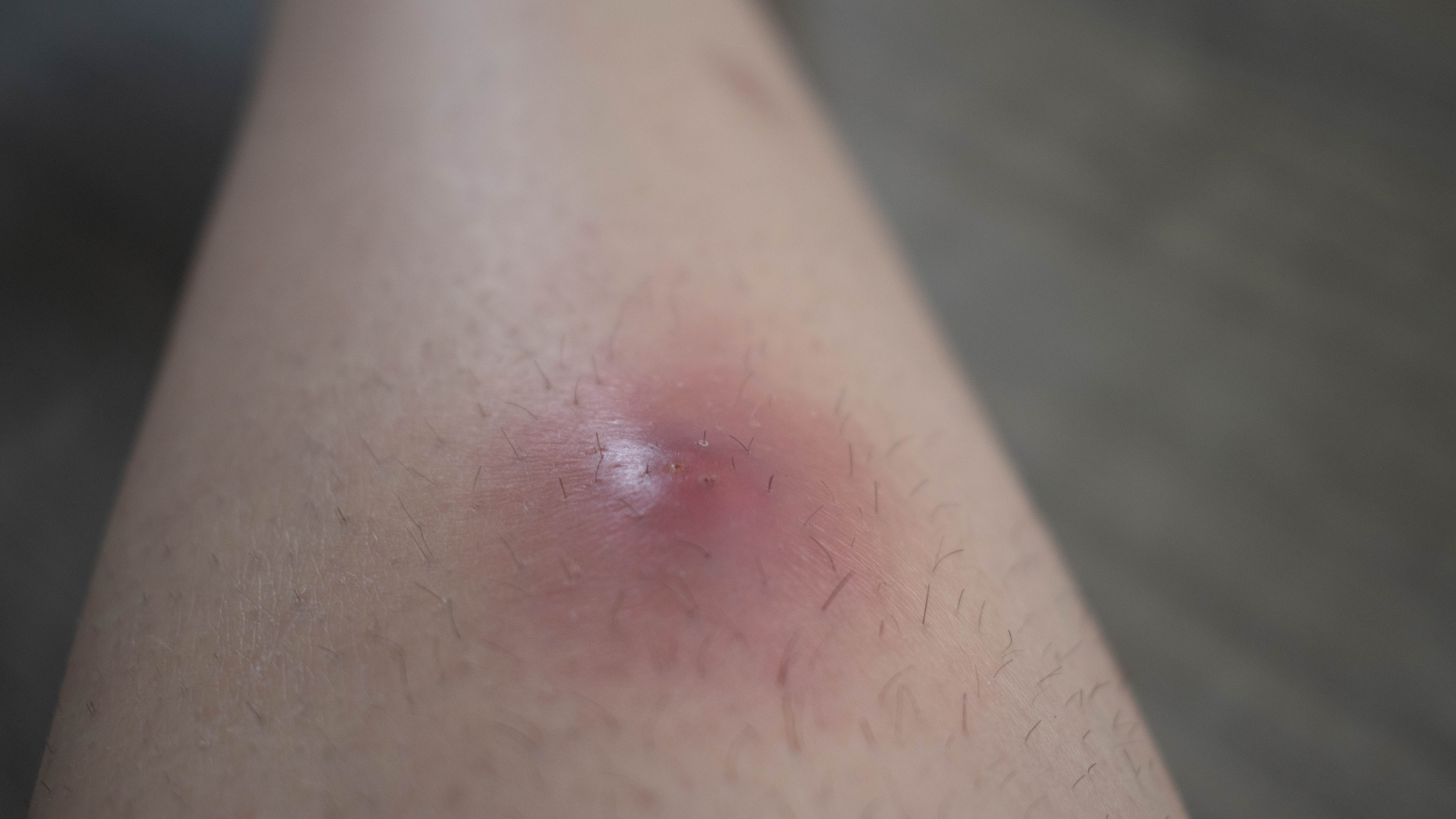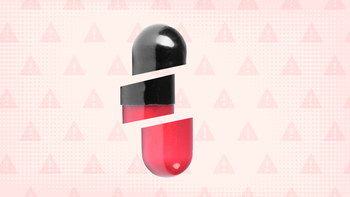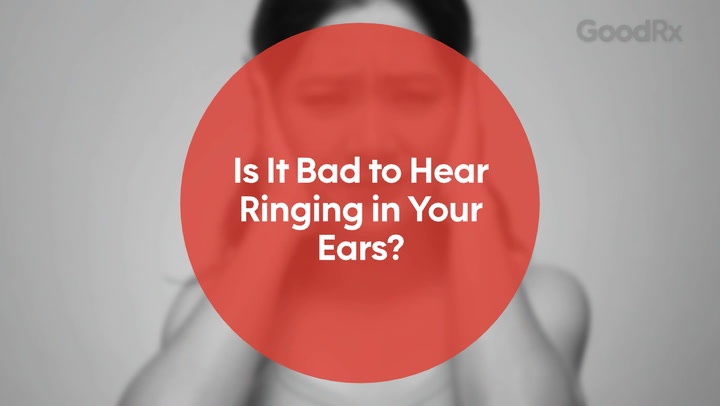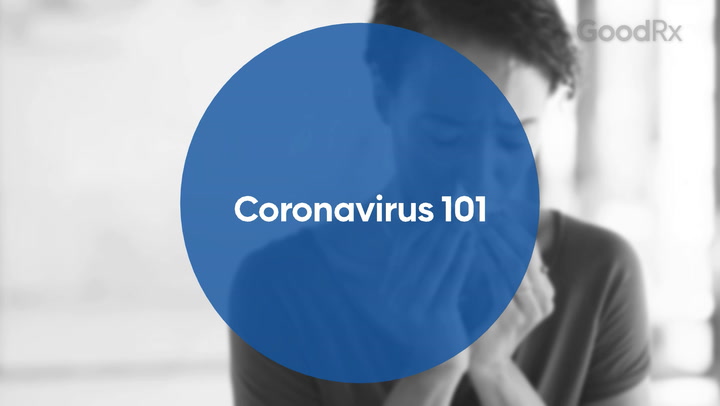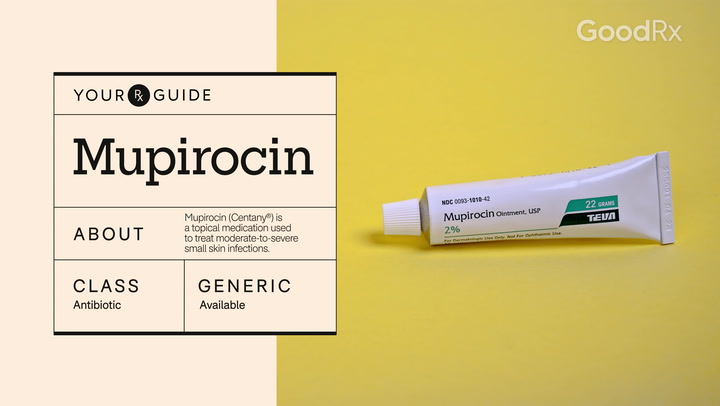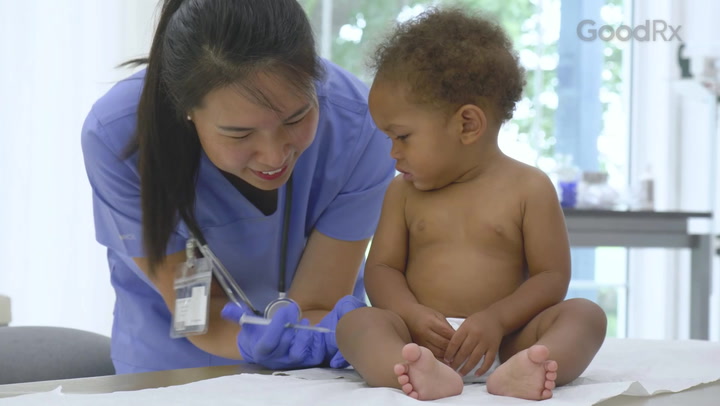
Can Adults Get Strep Throat? Yes, Here’s When to Get Testing and Treatment
Key takeaways:
Adults can get strep throat. Adults who live with or work with school-age children are more likely to get strep throat.
Adults with sore throats are more likely to have a viral infection than strep throat. But if they’re around school-age children or get exposed to someone with strep throat, they should get tested for strep throat.
Adults who have strep throat need treatment with antibiotics to cure the infection and prevent more serious infections and complications, like heart disease.
Access savings to related medications

A sore throat — you know you’ve got one coming the moment you swallow and feel that twinge of discomfort. As a kid, you probably remember getting checked for strep throat when you came down with a sore throat. But now that you’re an adult, do you really need to see a healthcare provider every time you have a sore throat?
Adults can get strep throat. But, as you get older, it’s much more common to have a sore throat from a virus than strep throat. Sore throats from viruses don’t need to be treated with antibiotics, which means you can treat your sore-throat symptoms at home. Here’s how you can tell when you need a test for strep throat.
What is strep throat?
Strep throat is the most common type of bacterial throat infection. It’s caused by the bacteria group A streptococcus. Most of the time, strep throat goes away by itself in 3 to 5 days.
But without antibiotic treatment, strep throat can lead to more serious infections and health problems, like rheumatic fever and long-term heart problems. So antibiotic treatment not only helps you feel better faster, it also keeps you from developing more serious health complications.
How is strep throat transmitted?
Group A streptococcus passes from person to person through direct contact with saliva and respiratory droplets. People release the bacteria when they cough, sneeze, or blow their nose. If another person touches the respiratory droplets, they can pick up the bacteria.
People can also come in contact with the bacteria by sharing toothbrushes, utensils, cups, and anything else that touches a person’s mouth. Group A streptococcus doesn’t live on surfaces very long. So it’s unlikely that you’ll come into contact with the bacteria from touching objects or surfaces.
Do adults get strep throat?
Yes, adults can get strep throat. But it’s not common. Studies show only 5% to 15% of adults who have a sore throat end up having strep throat.
But certain adults are much more likely to come down with strep throat. These adults have a higher chance of testing positive for strep throat when they have a sore throat. Adults at higher risk for strep include:
Young adults who attend college and/or live in dormitories
Adults who live or work with children between 5 and 15 years old
Older adults who live in group settings, like long-term care or residential facilities
If you fall into one of these groups and you develop symptoms of strep throat, you should get tested. Your symptoms might be due to strep-throat infection.
What are the symptoms of strep throat in adults?
The symptoms of strep throat in adults include:
Sore throat
Pain with swallowing
Red spots on the back of the throat
White discharge or pus at the back of the throat
Fever
Swollen or tender neck lymph nodes
Symptoms usually start all of a sudden. People do not typically experience cough, runny nose, or watery eyes when they have strep throat.
When should adults see a provider if they think they have strep throat?
You should see a healthcare provider if you have a sore throat and you’re part of a group that's at higher risk for developing strep throat.
If you’re not in one of these groups, you should see a healthcare provider if you develop a very severe sore throat or a fever along with a sore throat. Your symptoms may be due to strep throat or a more serious viral infection, like COVID-19 or the flu.
You should also see a healthcare provider if you develop a sore throat after being around someone who was recently diagnosed with or treated for strep throat.
Your healthcare provider will do a rapid strep test to see if you have strep throat. To do this test, your provider will swab the back of your throat and then test the sample in their office. You will know the results in a few minutes.
WHAT TO READ NEXT
Popular stories this week
How do you treat strep throat in adults?
Antibiotics treat strep throat. In fact, this is one of the few times you actually need to take antibiotics for a sore throat.
The most commonly used antibiotics are:
Amoxicillin: 1,000 mg by mouth once a day (or 500 mg by mouth twice a day) for 10 days
Penicillin: 500 mg by mouth twice a day for 10 days
There is also a form of penicillin that comes as a one-time injection. If you think you won’t be able to finish all 10 days of antibiotics, talk to your healthcare provider about the injection form of penicillin.
If you have a penicillin allergy, you will need to take a different antibiotic. Options include:
Cephalexin (Keflex): 500 mg by mouth twice a day for 10 days
Clindamycin (Cleocin): 300 mg by mouth 3 times a day for 10 days
Azithromycin (Zithromax): 500 mg by mouth once a day for 5 days
Clarithromycin (Biaxin): 250 mg by mouth twice a day for 10 days
While antibiotics will keep you safe from strep complications, they won’t help you feel better that much faster. Studies show that antibiotics only shorten illness by about a day. So you also want to reach for some over-the-counter and home remedies to help relieve your symptoms.
The bottom line
Adults do get strep throat, but not as often as children get it. Adults who live or work with school-age children and those who live in group settings are more likely to get strep throat. If you think you could have strep throat, see your healthcare provider for a strep test.
If you have strep throat, getting treatment with antibiotics will cure your strep throat. Antibiotics also keep you from developing health complications. Amoxicillin and penicillin are the most commonly used antibiotics to treat strep throat.
References
Avire, N. J., et al. (2021). A Review of Streptococcus pyogenes: Public health risk factors, prevention and control. Pathogens.
Centers for Disease Control and Prevention. (2023). Group A streptococcal (GAS) disease.
Mustafa, Z., et al. (2020). Diagnostic methods, clinical guidelines, and antibiotic treatment for group A streptococcal pharyngitis: A narrative review. Frontiers in Cellular and Infectious Microbiology.
Shulman, S. T., et al. (2012). Clinical practice guidelines for the diagnosis and management of group A streptococcal pharyngitis: 2012 update by the Infectious Diseases Society of America. Clinical Infectious Diseases.





